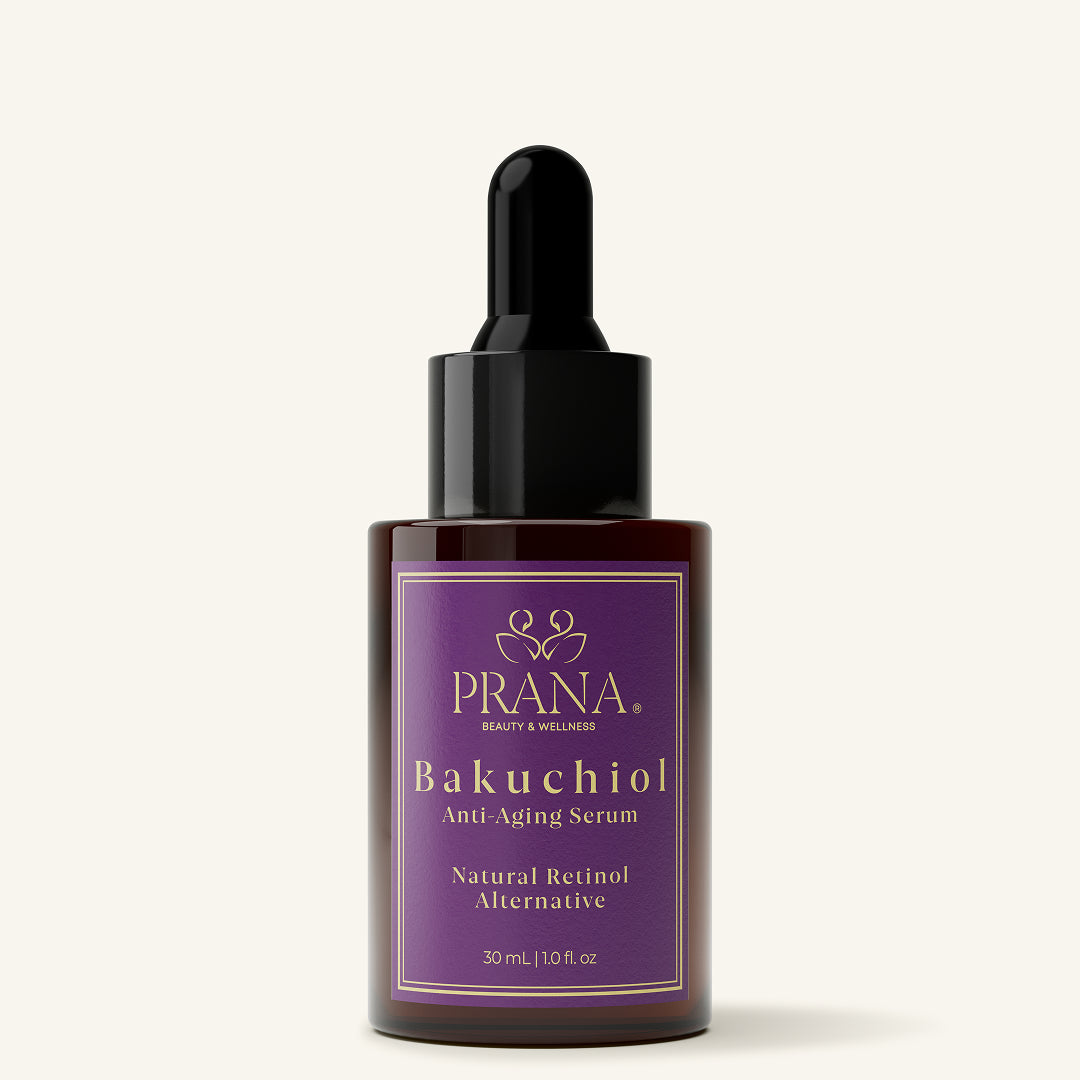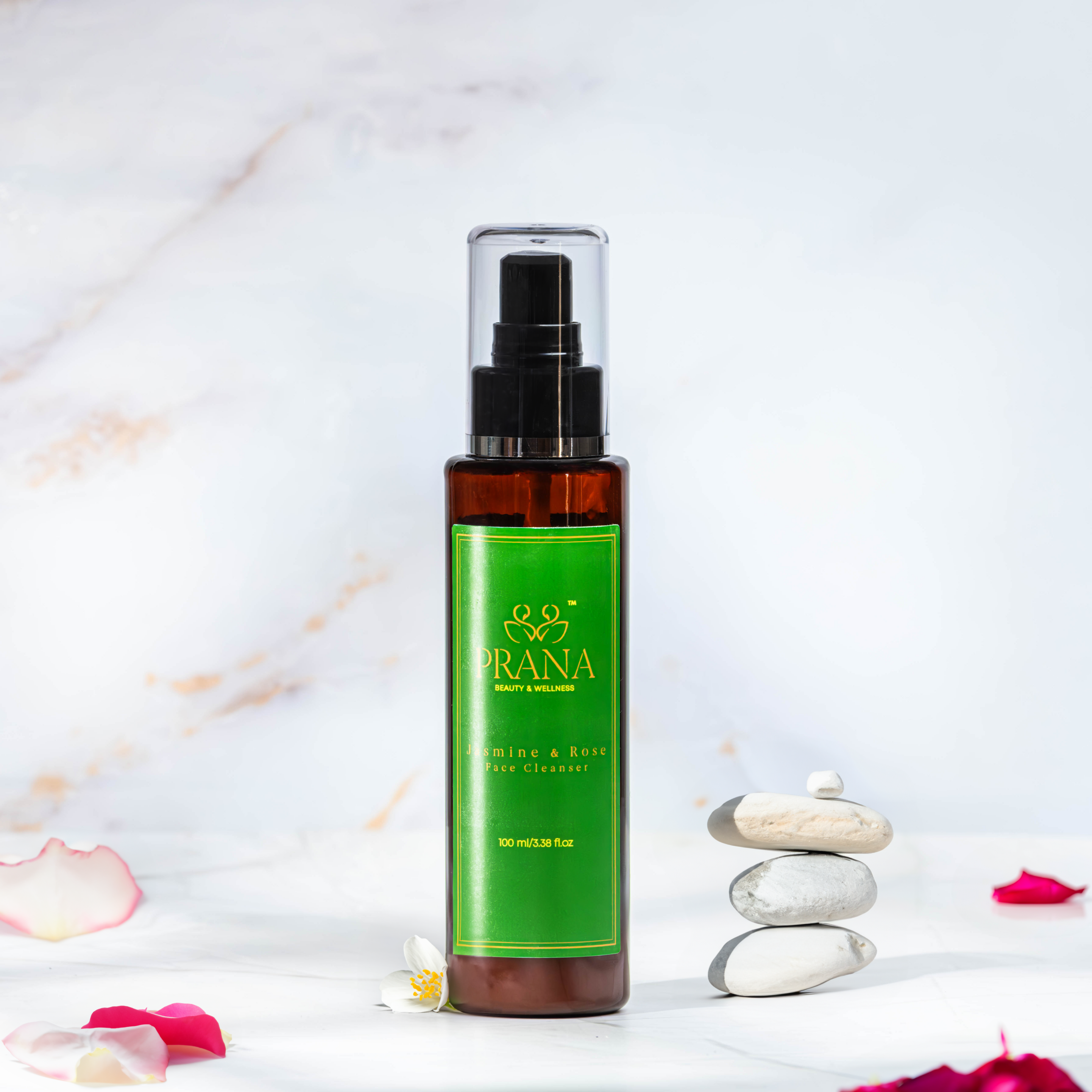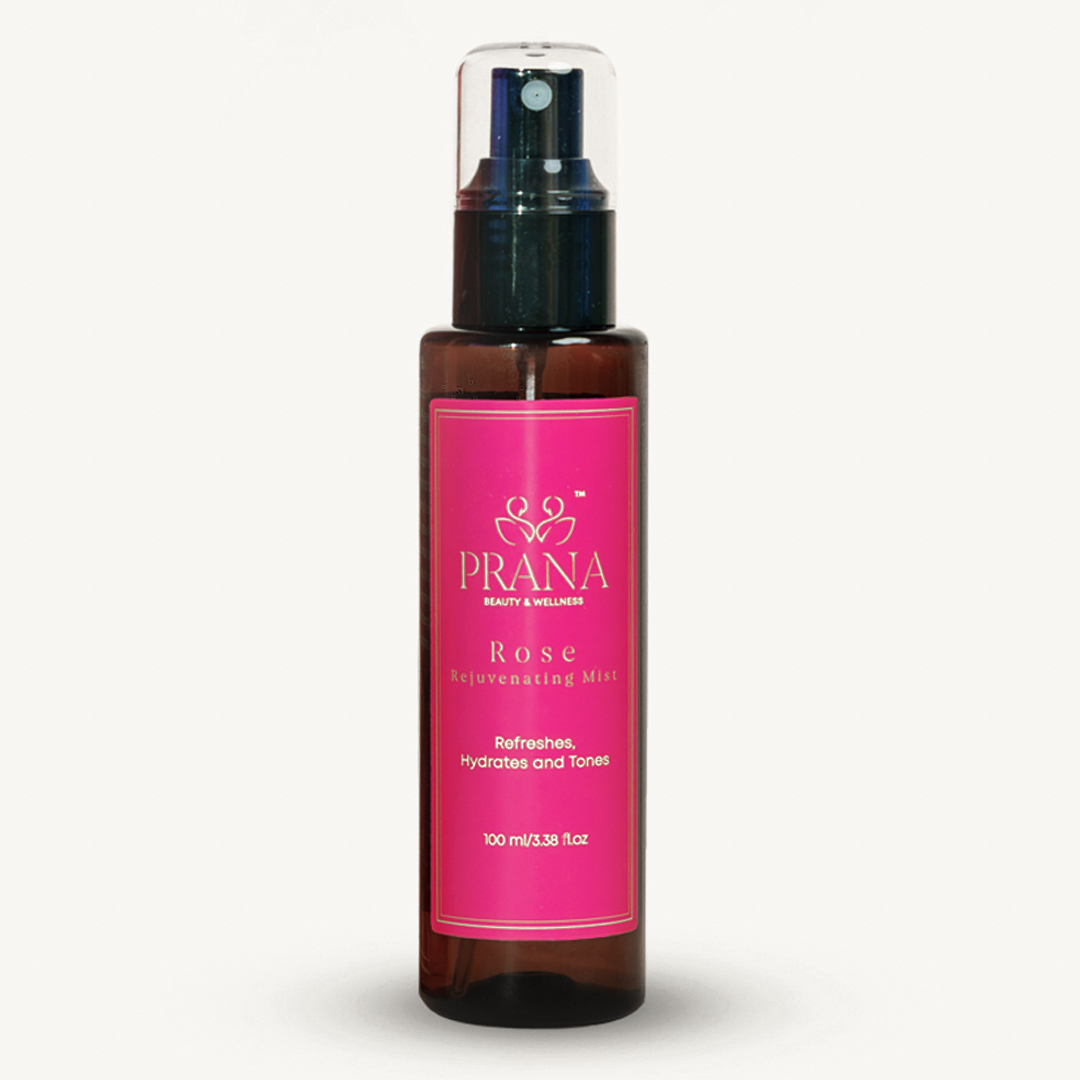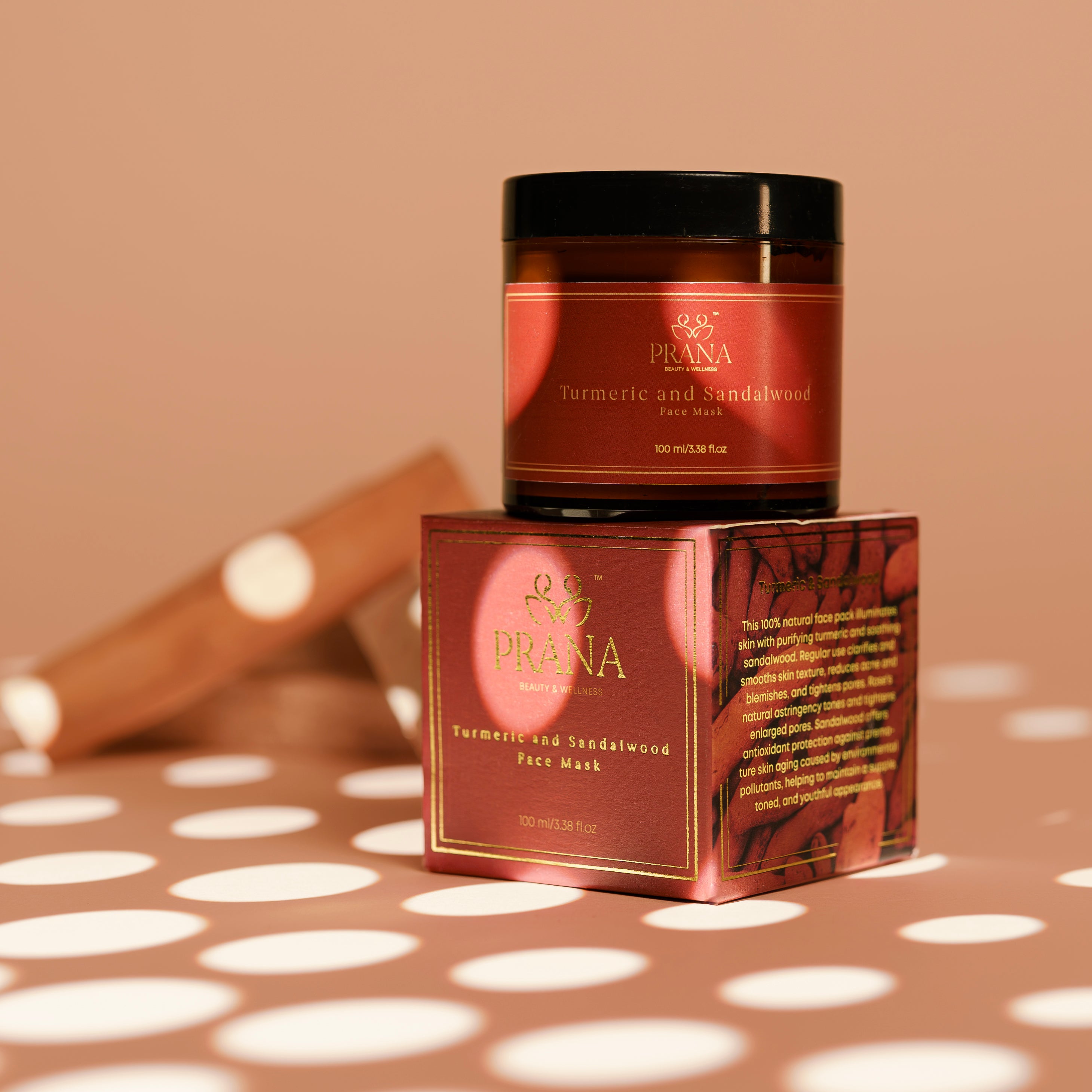Can You Use a Sandalwood Mask Every Day? Benefits, Risks & Expert Tips

Sandalwood has been treasured in Ayurvedic skincare for centuries, known for its soothing aroma and remarkable skin benefits. But as more people incorporate this natural ingredient into their daily routines, an important question arises: is it safe to use a sandalwood mask every day? This comprehensive guide explores the benefits and potential risks of daily sandalwood application, helping you determine the ideal frequency for your unique skin type and concerns.
The Skin-Loving Benefits of Sandalwood Masks

Before determining how often to use sandalwood masks, it's important to understand why this ancient ingredient has remained a skincare staple for generations. Sandalwood powder offers multiple benefits that make it appealing for regular use.
Anti-Inflammatory Properties
Sandalwood contains natural compounds with powerful anti-inflammatory effects. These properties help calm irritated skin, reduce redness, and soothe conditions like acne, eczema, and psoriasis. For those with sensitive or reactive skin, this cooling effect can provide welcome relief.
Antimicrobial Action
Research has shown that sandalwood possesses antimicrobial properties that can help combat acne-causing bacteria. Regular application may help prevent breakouts and maintain clearer skin, making it particularly beneficial for those with acne-prone complexions.
Antioxidant Protection
Rich in antioxidants, sandalwood helps protect skin cells from environmental damage and oxidative stress. These protective qualities can help prevent premature aging and maintain skin's youthful appearance when used consistently.
Skin Tone Improvement
Many users report that regular sandalwood application helps even out skin tone and reduce hyperpigmentation. The alpha-santalol in sandalwood inhibits tyrosinase, an enzyme involved in melanin production, potentially helping to fade dark spots and scars over time.
Potential Risks of Using Sandalwood Mask Every Day

Despite its many benefits, daily use of sandalwood masks may not be suitable for everyone. Understanding the potential risks can help you make an informed decision about frequency.
Benefits of Sandalwood Masks
- Soothes inflammation and redness
- Fights acne-causing bacteria
- Provides antioxidant protection
- Helps even skin tone
- Reduces appearance of scars
- Natural exfoliation properties
Risks of Daily Use
- Potential over-exfoliation
- Skin barrier disruption
- Dryness and irritation
- Sensitivity development
- Allergic reactions in some individuals
- Possible skin imbalance
Over-Exfoliation Concerns
Sandalwood powder has mild exfoliating properties. While gentle exfoliation is beneficial, daily use may lead to over-exfoliation, potentially damaging your skin's protective barrier and causing sensitivity, redness, or irritation.
Dryness and Irritation
Some formulations of sandalwood masks, especially those combined with clay or other drying ingredients, can extract too much natural oil from your skin when used daily. This may lead to uncomfortable dryness, tightness, or flaking, particularly for those with already dry skin types.
Dermatologist Insight: "While sandalwood has wonderful skin benefits, daily mask application can be too intense for most skin types. The mechanical exfoliation from application and removal, combined with sandalwood's active compounds, may overwhelm the skin's natural renewal process when used too frequently." — Dr. Amina Shah, Board-Certified Dermatologist
The optimal frequency for using sandalwood masks varies significantly depending on your skin type, existing concerns, and how your skin responds to the ingredient. Here are expert-recommended guidelines.
Signs You're Using Sandalwood Too Frequently
Pay attention to how your skin responds. If you notice any of these signs, it's time to reduce frequency:
- Increased sensitivity or stinging sensation
- Unusual redness that persists after mask removal
- Flaking or peeling skin
- Tight, uncomfortable feeling
- Increased oiliness (compensatory oil production)
- New breakouts or irritation
Start Gradually
Begin with once-weekly application and monitor how your skin responds. Gradually increase frequency if your skin tolerates it well, but respect your skin's limits and back off if you notice any irritation.
Alternate with Gentler Products
Rather than using sandalwood masks daily, alternate with gentler, hydrating products. This gives your skin time to recover between treatments while still allowing you to enjoy sandalwood's benefits.
Dilute the Concentration
If you're determined to use sandalwood more frequently, consider diluting the concentration by mixing smaller amounts of sandalwood powder with more soothing ingredients like aloe vera gel, yogurt, or honey.
Targeted Application
Instead of applying sandalwood masks to your entire face daily, consider using them as spot treatments on specific areas of concern, such as oily zones or blemishes.
Sandalwood Mask Recipes for Different Frequencies

These DIY sandalwood mask recipes are formulated for different usage frequencies, with gentler formulations for more regular use and more potent combinations for occasional treatments.
Daily-Safe Gentle Formula
Best for: Those who want daily sandalwood benefits with minimal risk
Ingredients:
- 1/4 teaspoon sandalwood powder
- 1 tablespoon aloe vera gel
- 3 drops rose water
Mix ingredients to form a thin paste. Apply a light layer, leave for 5-7 minutes, then rinse with lukewarm water. The minimal sandalwood concentration and soothing aloe make this gentle enough for more frequent use.
Bi-Weekly Balancing Mask
Best for: Normal to combination skin, 2-3 times weekly
Ingredients:
- 1 teaspoon sandalwood powder
- 1 teaspoon honey
- 1 teaspoon yogurt
- Few drops of rose water
Combine all ingredients to form a smooth paste. Apply evenly, avoiding the eye area. Leave on for 10-15 minutes, then rinse with lukewarm water. The honey and yogurt provide hydration to balance sandalwood's astringent properties.
Weekly Intensive Treatment
Best for: Once-weekly deep treatment
Ingredients:
- 2 teaspoons sandalwood powder
- 1/4 teaspoon turmeric powder
- 1 teaspoon milk or milk cream
- 1/2 teaspoon almond oil
Mix all ingredients to form a thick paste. Apply generously, avoiding the eye area. Leave on for 15-20 minutes, then rinse with lukewarm water. This richer formula provides deeper treatment but should be limited to weekly use.
Application Tip: Always apply masks to clean, slightly damp skin. Use gentle, upward circular motions and avoid the delicate eye area. Remove with lukewarm (never hot) water and follow immediately with moisturizer to lock in benefits.
Daily Alternatives to Sandalwood Masks

If you love sandalwood but recognize that daily masks might be too intense, consider these alternatives that allow you to enjoy sandalwood benefits more frequently without the risks:
Diluted Sandalwood Toners
A few drops of sandalwood oil or a pinch of powder mixed into rose water creates a gentle toner that can be used daily without the intensity of a mask. Apply with a cotton pad after cleansing for a subtle sandalwood benefit.
Sandalwood-Infused Moisturizers
Look for moisturizers with sandalwood as an ingredient rather than using concentrated masks. These formulations are specifically balanced for daily use and provide sandalwood benefits in a gentler format.
Try Our Recommended Sandalwood Moisturizer
Experience the benefits of sandalwood daily with this perfectly balanced formula that soothes and nourishes without overwhelming your skin.
Spot Treatments
Instead of full-face application, use sandalwood paste as a targeted spot treatment on blemishes or areas of concern. This concentrates the benefits where needed while minimizing potential irritation.
Sandalwood-Based Cleansers
Cleansers containing sandalwood provide brief contact with the skin, allowing you to enjoy some benefits without the extended exposure of a mask. These are generally safe for daily use for most skin types.
Essential Patch Testing Guide Before Regular Use
Before incorporating sandalwood masks into your routine at any frequency, conducting a proper patch test is essential to ensure you don't have an adverse reaction.
Important: Even if your patch test shows no reaction, always start with less frequent applications and gradually increase as your skin demonstrates tolerance. Some reactions may only develop with repeated exposure.
What Dermatologists Say About Sandalwood Mask Frequency

"Sandalwood is a wonderful ingredient with proven benefits for many skin concerns, but like most active botanicals, more is not always better. I typically recommend patients limit mask applications to 1-3 times weekly, depending on their skin type and sensitivity. Daily use risks compromising the skin barrier, which can paradoxically worsen the very concerns you're trying to address."
"In my practice, I've seen excellent results when patients use sandalwood masks appropriately—and problematic reactions when they overdo it. For those who want daily sandalwood benefits, I recommend looking for gentler formulations like toners or moisturizers with lower concentrations, rather than concentrated masks."
"The skin needs time to regenerate and benefit from treatments. Using sandalwood masks daily can interfere with your skin's natural renewal cycle. Most patients see better results with twice-weekly application than daily use, as it gives skin time to respond and adapt between treatments."
Finding Your Perfect Sandalwood Balance

While daily use of concentrated sandalwood masks isn't recommended for most skin types, there are many ways to incorporate this beneficial ingredient into your regular skincare routine. The key is finding the right balance and formulation for your unique skin needs.
Listen to your skin's responses, adjust frequency accordingly, and consider alternative sandalwood-infused products for more regular use. With the right approach, you can enjoy sandalwood's remarkable benefits without risking irritation or sensitivity.
Remember that skincare is highly individual—what works perfectly for someone else might not be ideal for you. Be patient with the process of finding your perfect sandalwood balance, and don't hesitate to consult with a dermatologist if you're uncertain about the best approach for your specific skin concerns.
Ready to Experience Sandalwood Benefits?
Try our dermatologist-recommended sandalwood skincare collection, formulated for safe, effective use at the ideal frequency for your skin type.
Frequently Asked Questions
Can I use a sandalwood face mask every day?
For most skin types, daily use of concentrated sandalwood masks is not recommended. The active compounds and mild exfoliating properties can potentially irritate skin with daily application. Instead, consider using sandalwood masks 1-3 times weekly depending on your skin type, or opt for gentler sandalwood-infused products like toners or moisturizers for daily use.
How often should I use a face mask for best results?
The ideal frequency depends on both the mask type and your skin type. For most treatment masks containing active ingredients like sandalwood:
- Oily/acne-prone skin: 2-3 times weekly
- Normal skin: 1-2 times weekly
- Dry or sensitive skin: Once weekly or every other week
Hydrating masks without active ingredients can often be used more frequently. Always monitor your skin's response and adjust accordingly.
What are signs that I'm using face masks too frequently?
If you notice any of these signs, you may be over-masking:
- Increased sensitivity or stinging sensation
- Persistent redness or irritation
- Unusual dryness, flaking, or peeling
- Tight, uncomfortable feeling after washing
- Increased oiliness (compensatory oil production)
- New breakouts in unusual areas
- Shiny skin without oiliness (sign of barrier damage)
If you experience these symptoms, reduce mask frequency and focus on gentle, hydrating products until your skin recovers.















